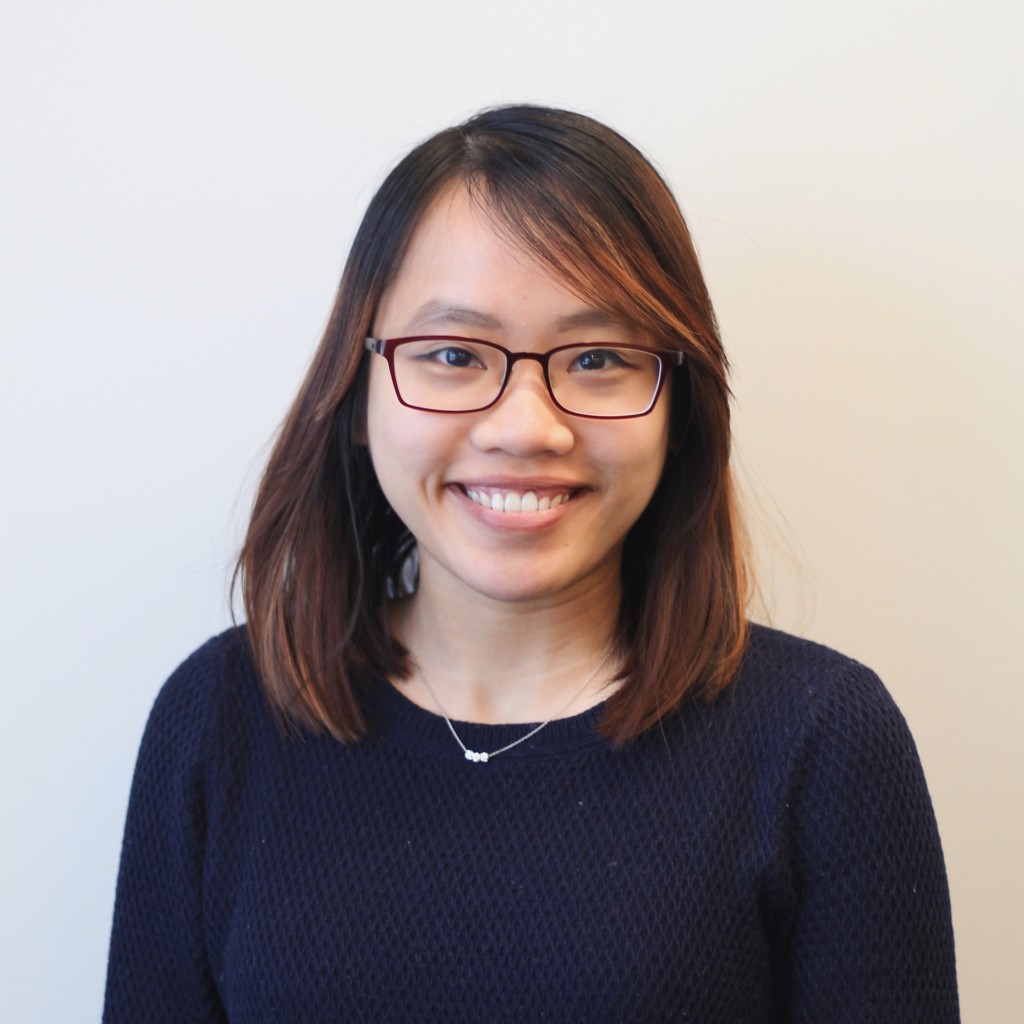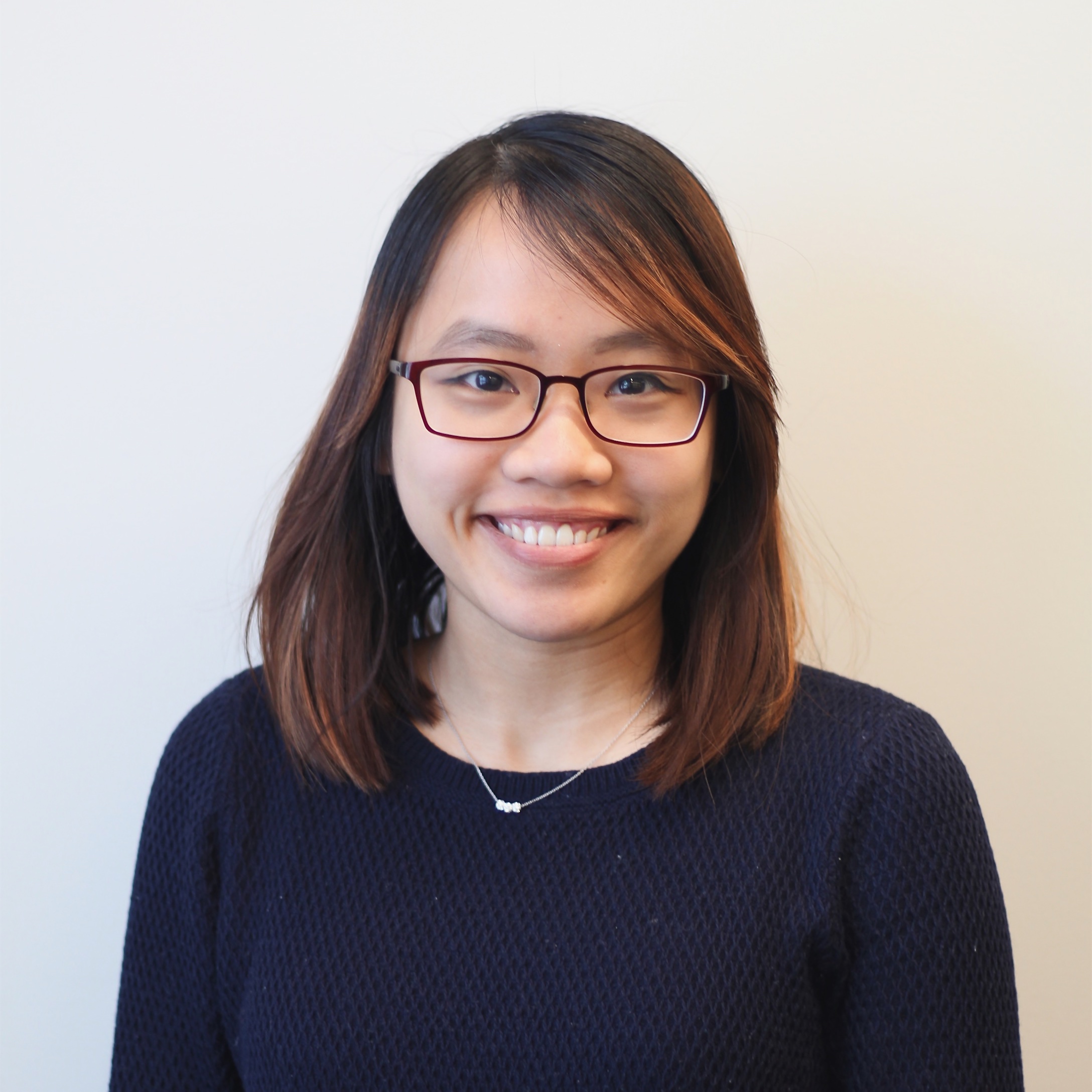Senior Thao Hoang had trouble acclimating to the academic and social culture of an American college. “I was having a difficult time adjusting and making friends, and I wondered why that was,” she said. “So I just read books.”
As a student at Messiah College in Pennsylvania, Hoang pored over textbooks, such as “The Social Brain,” in search of answers. Intrigued by what she found, Hoang spoke about it with her international peers at Messiah who experienced similar isolation. “Social support is very important, from the immediate community and close friends,” Hoang said.
Still, her curiosity was not quelled by published literature, and she pined to take part in psychology research herself. In search of research opportunities, Hoang took a leap of faith and transferred to UR. This was a difficult decision, as both international students and transfer students have trouble getting financial aid at UR. “I felt fortunate to have my friends and family support me,” Hoang said.
Hoang got involved in developmental psychology research, studying interparental conflict and resolution. Project STEP analyzes coping mechanisms that preschoolers develop in response to family stress, and Project PACE focuses on the physical, social, and psychological consequences of parent-child conflict on preschoolers. “It was interesting to see the spillover effect of parental conflict on children, on how they process stimuli and solve problems,” Hoang said.
After completing work on PACE and STEP, Hoang wanted to connect her interest in psychology with her Vietnamese roots. She began working with Thuy-Vy Nguyen, a doctor and former Ph.D. student in the psychology department at UR, to investigate parent-child relationships in Asian cultures. “I was beginning to feel detached,” she said. “(This research) was a way to go back to my home culture.”
“Asian children find it meaningful to take care of their parents,” Hoang said. Hoang and Nguyen are interested in the motivation that drives Asian children to care for their parents. Their research examines the influence of “Self-Determination Theory” on this motivation. The theory states that people are more motivated to pursue something that satisfies three intrinsic needs: autonomy, competence, and relatedness. Hoang and Nguyen think that parental care satisfies these needs preferentially in Asian populations. “Psychology in many Asian cultures is not very developed,” Hoang said. “I want to learn more about the psychological processes in Asian cultures.”
“We want to explore whether kids in Asian culture can experience choice in performing their responsibilities to their parents and why choice matters,” Hoang said. When autonomy, competence, and relatedness are not satisfied, Asian individuals may not embrace the responsibility of parental care. Hoang expects that these individuals will derive value from extrinsic motivations, such as money, fame, and physical attractiveness. To test this hypothesis, Hoang and Nguyen are developing a survey they will administer cross-culturally, to examine what makes parental care meaningful to Asian children in particular.
“It’s fun stuff,” Hoang said. “It’s not just about having a broad research question and getting the data. There are many issues along the way, and that’s the fun part of it. I like problem solving.”
At UR, Hoang now feels more in touch with her own psychology and is an active part of campus culture. “It definitely helps that UR has a diverse population of students,” Hoang said. “I feel like I belong more because there are people that are like me.”
Hoang is also involved with Rochester Global Connections, a volunteer organization that helps international students acclimate in the Rochester community. This month, she is helping to pair international students with local host families for Thanksgiving. The organization intends “to be the bridge between local people and international students,” Hoang said.
Hoang wants to continue branching out in her academic career, possibly broadening her experience beyond traditional psychology research. “I really enjoy doing research, but I’m thinking about getting more hands-on experience working with kids,” she said.
Since transferring to UR, Hoang has continued to take initiative in order to enhance her academic experience, in research and in community engagement. “Don’t be afraid, and persist,” she said. “Don’t give up, keep reaching out. There will be failures. You just keep going.”


